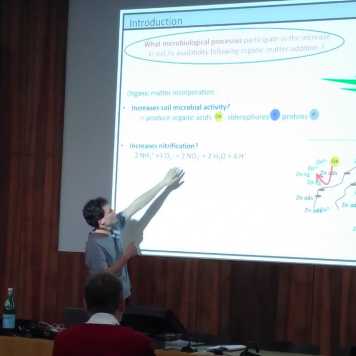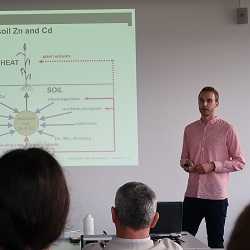ZOMM
Zinc Biofortification of Wheat through Organic Matter Management in Sustainable Agriculture
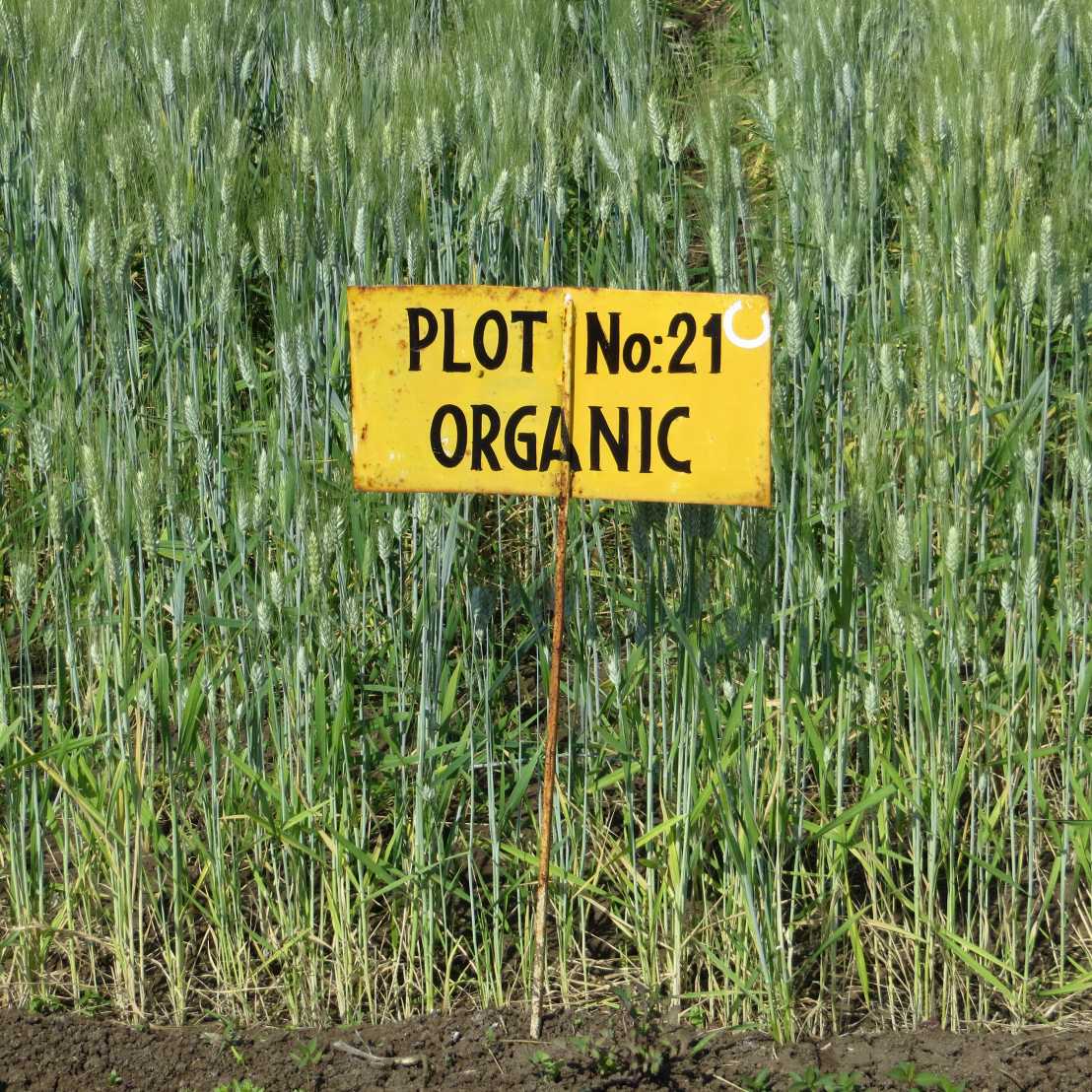
Project Start: 2013
Principal Investigator: Prof. Rainer Schulin, Soil Protection Group
Co-Investigator: Prof. Emmanuel Frossard, Plant Nutrition Group
Contact: Dr. Susan Tandy

Zinc deficiency is a global human malnutrition problem, with an estimated sixth of the world's population is at risk of inadequate zinc intake. This project investigates how organic matter can be used best in agricultural soil management to enhance the nutritional quality of wheat grains with respect to zinc density, while at the same time promoting soil fertility.
The trace element zinc (Zn) is an essential component of plants, animals and humans. Insufficient Zn supply is one of the most widespread problems in human nutrition worldwide. Zinc deficiency is particularly frequent where populations depend on cereals as staple food and lack access to meat and other sources of easily absorbable Zn in their diets. In many regions it is related to low Zn densities in cereal grains resulting from low availability of Zn in the soils of these regions. The problem is mostly not due to lack of Zn in soil per se, but to a lack of soil Zn in a form in which it is well accessible for uptake by the plants. For this reason, Zn deficiency is also often a limiting factor for crop yields in developing regions. Bio-fortification of cereal grains with Zn is an approach addressing the problem of Zn deficiency in humans and crop production at the same time by increasing plant Zn accumulation.
In this project we investigate how organic matter can be used best in agricultural soil management to enhance the nutritional quality of wheat grains with respect to Zn density, while at the same time alleviating Zn deficiency stress to the plants and promoting soil fertility. This is particularly important for farming that primarily or even exclusively relies on organic matter such as crop residues, green and animal manure for fertilization. The idea is not only to use these substances as Zn sources substituting mineral Zn fertilizers, but also that their input into soil with low Zn availability mobilizes resident soil Zn for plant uptake.
Unfortunately, wheat also contributes substantially to human cadmium (Cd) loads and due to excessive Cd inputs in the past there is a legacy of Cd pollution in many agricultural soils. Being sister elements, Cd and Zn share many similarities in their chemical behavior. Thus, an important aspect of this project also is to enhance Zn density without increasing Cd accumulation in wheat grains.
Zink-Biofortifikation von Weizen durch Anwendung organischer Substanz in einer nachhaltigen Landwirtschaft
Das Spurenelement Zink ist ein lebensnotwendiger Bestandteil von Pflanzen, Tieren und Menschen. Ungenügende Versorgung mit Zink is eines der weltweit verbreitetsten Probleme der menschlichen Ernährung. Zinkmangel tritt besonders häufig in Bevölkerungsgruppen die sich einseitig von Getreideprodukten ernähren und ungenügenden Zugang zu Fleisch oder anderen Nahrungsmitteln haben, die ausreichend Zink in leicht aufnehmbarer Form enthalten. In vielen Gebieten ist Zinkmangel mit niedrigen Zink-Konzentrationen in Getreidekörnern verknüpft, die eine Folge davon sind, dass Pflanzen Zink nur schwer aus den Böden dieser Gebiete aufnehmen können. Das Problem ist meist nicht der Mangel an Zink an sich im Boden sondern der Mangel an Zink in einer Form, in der es für die Pflanzenaufnahme gut zugänglich ist. Aus diesem Grund ist Zinkmangel auch oft ein limitierender Faktor für die Erträge in Entwicklungsländern. Die Biofortifikation von Getreidekörnern mit Zink ist ein Ansatz, das Problem des Zinkmangels in der menschlichen Ernährung und in der Pflanzenernährung durch Steigerung der pflanzlichen Zinkaufnahme zugleich zu lösen.
In diesem Projekt untersuchen wir, wie organische Substanzen optimal in der landwirtschaftlichen Bodenbewirtschaftung eingesetzt werden können, um die Qualität von Weizenkörnern als Nahrungsmittel hinsichtlich Zinkgehalt zu stärken und dabei gleichzeitig Zinkmangel als Stressfaktor in der Pflanzenproduktion zu eliminieren und die Bodenfruchtbarkeit zu verbessern. Dies ist besonders wichtig für Landwirtschaft, der überwiegend oder sogar ausschliesslich organische Substanzen wie Ernterückstände, grüne Biomasse oder Hofdünger für die Düngung zur Verfügung stehen. Die Idee ist nicht nur, diese Substanzen als Zinkquellen zu verwenden, welche mineralische Zinkdünger ersetzen, sondern auch, dass durch ihren Eintrag in Böden mit geringer Zinkverfügbarkeit schon im Boden vorhandenes Zink für die Pflanzenaufnahme mobilisiert wird.
Weizen trägt leider auch sehr stark zur Belastung der menschlichen Ernährung mit Cadmium bei, und infolge früherer übermässiger Cadmium-Einträge sind viele landwirtschaftliche Böden auch heute noch mit erhöhten Gehalten an Cadmium belastet. Als Schwesterelemente haben Cadmium und Zink viele Ähnlichkeiten in ihrem chemischen Verhalten. Ein wichtiger Aspekt dieses Projekts ist deshalb auch, dass die Erhöhung der Zinkgehalte in den Weizenkörnern erreicht wird, ohne zugleich die Aufnahme an Cadmium zu steigern.
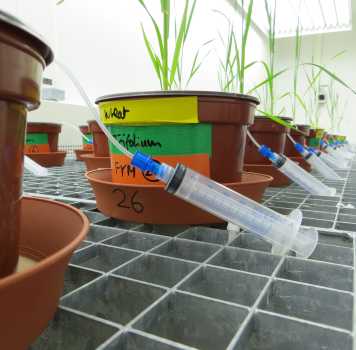
Publication in Science of the Total Environment (2019)
DownloadLong-term organic matter application reduces cadmium but not zinc concentrations in wheat (PDF, 1.4 MB)vertical_align_bottom by R. Grüter et al.
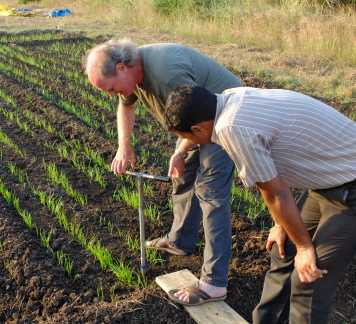
Publication in Applied and Environmental Microbiology (2019)
DownloadIdentification of Heterotrophic Zinc Mobilization Processes among Bacterial Strains Isolated from Wheat Rhizosphere (Triticum aestivum L.) (PDF, 747 KB)vertical_align_bottom by B. Costerousse et al.
Publication in Applied and Environmental Microbiology (2018)
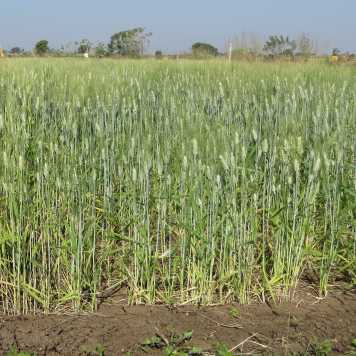
external pageIdentification of heterotrophic zinc mobilization processes among bacterial strains isolated from wheat rhizospherecall_made by B. Costerousse et al. Read more in WFSC News
Publication in Plant Soil (2017)
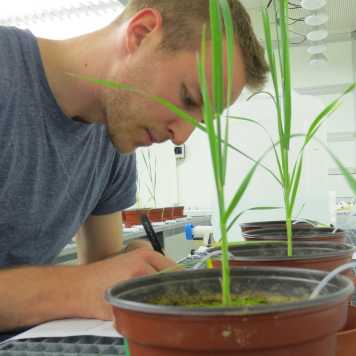
external pageGreen manure effects on zinc and cadmium accumulation in wheat grains (Triticum aestivum L.) on high and low zinc soilscall_made by R. Grüter, et al. Read more in WFSC News
Poster Presentation at World Food System Center Research Symposium 2017
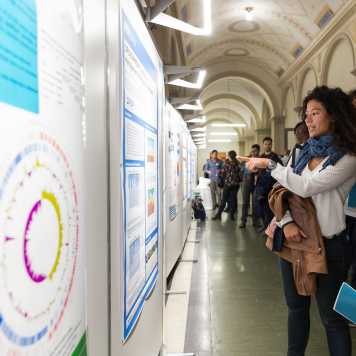
DownloadLong-term organic matter application reduces cadmium but not zinc in wheat (PDF, 1.5 MB)vertical_align_bottom by R. Grüter et al.
Publication in Science of the Total Environment (2017)
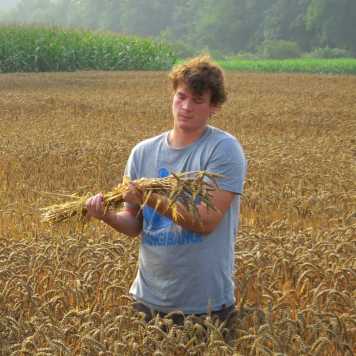
external pageGreen manure and long-term fertilization effects on soil zinc and cadmium availability and uptake by wheat (Triticum aestivum L.) at different growth stagescall_made by R. Grüter. Read more in WFSC News
Publication in PLoS ONE (2016)
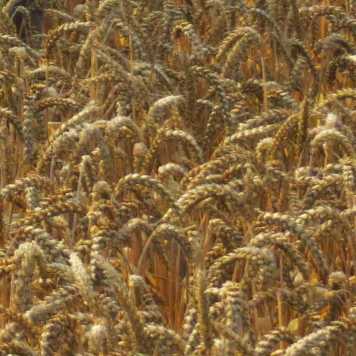
external pageOrganic wheat farming improves grain zinc concentrationcall_made by J. Helfenstein et al.

